I'm far enough away from this one that I'm not interested in revising it based on an editor's "can't put my finger on it" comment. I'll send it a few more places, and if nobody wants it I'll stick it in a file to maybe publish in my own collection someday.
|
So, the woman at Bards and Sages didn't like the story I submitted. She kept it for 3 months, and finally sent a note saying she wanted to like it but felt there was something forced about it and it didn't work for her. Rejection is a funny thing. Sometimes it feels like an indictment of my ability, and sometimes it feels like, oh well, you can't please everybody.
I'm far enough away from this one that I'm not interested in revising it based on an editor's "can't put my finger on it" comment. I'll send it a few more places, and if nobody wants it I'll stick it in a file to maybe publish in my own collection someday.
0 Comments
To what extent should you include tech, or magic, in a story? (Assuming you're telling a fantasy or science fiction story, where these things are a feature of the genre.) Magic and tech are the black boxes of genre fiction: your character puts something in, something else comes out, and you ask the reader to trust you that what happens in the middle makes sense. But do you need to put a communicator in every ensign's hand, or a wizard in every woods?
I've been wrestling with whether, and how, to add futuristic tech to a dieselpunk story. The main conflict comes with its own tech, so that's a given, but I was trying to decide to what extent to add other things (self-driving cars, sideways elevators, that kind of thing) to make sure the story has the kind of feel that readers of the genre rightly expect. I was going to tell the story without added bells and whistles, and see how it worked. Then I began to realize that there are places where my characters can do their jobs better, and get to the action faster, if they have access to certain tools. So, suddenly, it's all falling into place. How would my characters do this thing? Ah, I'll invent a piece of tech for that! The best reason to put a black box in your story is because it offers a way for the characters to do something they absolutely need to do, without being so useful that it robs the story of effort. The story, the interaction of characters to accomplish a difficult goal, has to come first. Magic (or tech) has to be in service of the characters, and not the other way around. One-Pass Manuscript Revision
Holy shit, this is solid advice from Holly Lisle. Essentially, she's telling us to look at what we wrote and understand it. What was it about? What point were we trying to show? And do we understand the part each important character plays in communicating that idea? And after doing the work of figuring out what we were trying to say, we absolutely need to make sure that everything that happens in the work takes it further toward the goal. I don't know that we have to accomplish this is one Death March of a revision pass. I've heard a publisher talk about doing a dozen revisions, each for one component of Lisle's plan. It doesn't matter if you do it all at once, or element by element. But it has to be done, or your work is never really finished. But perhaps most important is her final point: "The definition of a writing career is: Write a book. Write another book. Write another book." I'm beginning to think that the 99 cent price point for e-books is a bad idea. It sends the signal that that's what the story is worth; better to give it away for a limited time, then charge enough to give it strong perceived value, is the way this argument goes, and I'm convinced by it. Here's Dean Wesley Smith's take on it. Book Pricing From Another Perspective
I read an interesting blog post by Larry Brooks today, about writing effective main characters. The secret, he says, is to build empathy with the character. His example (would you empathize with a doctor breaking the rules to save a patient? you might root for her, but you might not empathize unless the patient was her daughter) was illustrative, but maybe misleadingly simple. Do we need to write a main character with an underlying motivation that readers can share? Not necessarily. I don't think readers have to want to be the main character, or to be motivated by the same causes. But I do think the main character has to have an underlying motive that's recognizable.
"Empathy" is being able to understand why a character is doing something, even if it's something unfamiliar to us in our actual lives (flying a fighter jet on Mars, burying a body, jumping off of a bridge). And there are a few really human motivations that make all of us tick: greed, love, envy, loneliness, ambition, debt, self-aggrandizement, loyalty --- that's by no means a full list, but you see where I'm going. If we can give any main character, no matter how dark or bitter or full or rage or ennui, in whatever situation that character appears, an underlying motivation that comes from one of these "universals," we've given the audience a hook to hang empathy on. This morning's tempest in a teapot was this article Indie Authors and Amazon Removing Reviews by Renee Pawlish, which suggests that Amazon is manipulating its book review system to damage indie authors. The question of the hour is whether or not self-pubbed authors everywhere ought to get their conspiracy mojo working and fight the (Amazon) power.
I worked an 11-month contract in Amazon's Kindle department, so I have an idea of what goes on there. And I am very, very sure that there is no secret Amazon compact with the big publishers to damage indie book sales through suppressing reviews. This article is mostly conjecture, backed up by the author's own anecdotal experience. If Amazon says there are three reasons why it would remove reviews, then the reviews that are missing from her site are for one of those reasons. Frankly, having worked there (I'd never work there again, so I'm not in any way a supporter of Amazon's corporate policies), I can assure you that Amazon doesn't give a crap about what happens to individual books, indie or traditionally published, unless they're best-sellers. There's just too much content for that. To assume that Amazon has started a secret campaign against indie authors is, frankly, foil-hat ridiculous. Amazon makes money from every book sold, no matter how it was published, and it has absolutely no incentive to damage the sales of indie writers. Most indie writers don't sell enough to come anywhere close to affecting the markets of big traditional publishers, so the idea that Amazon is responding to pressure from big publishers to nibble away at the reviews of indie books is similarly a misunderstanding of scale. No one at Amazon even looks at every book uploaded to the site: there are simply too many. The idea that there are Amazon employees dedicated to plucking away individual indie book reviews here and there presumes that there are cube farms full of Amazon employees who are paid to do this. I can guarantee you that Amazon would not spend the money to do something like that. There's no conceivable way that it could benefit Amazon's bottom line, and I guarantee you that's Amazon's primary concern. Are reviews important to sales? Unquestionably. Should authors invest a lot of time and concern in managing those reviews? My feeling is, no. We're writers. We should be writing. I'm a big fan of Dean Wesley Smith's blog , and his advice centers on the importance of your backlist. The more books you have out there, the more there are for interested readers to buy. And even if one book doesn't earn enough to buy pizza, a dozen books earning the same modest amount might pay a power bill. Time spent obsessing about reviews could be better spent writing. So take off that tin-foil hat, and get to work! |
Torah Cottrill
I read. I write. And sometimes I talk about it.
(Issue #20 - free to read)
(Issue #14 - free to read)
(Issue #25 - free to read)
Archives
August 2017
The Far Side of the World:
|

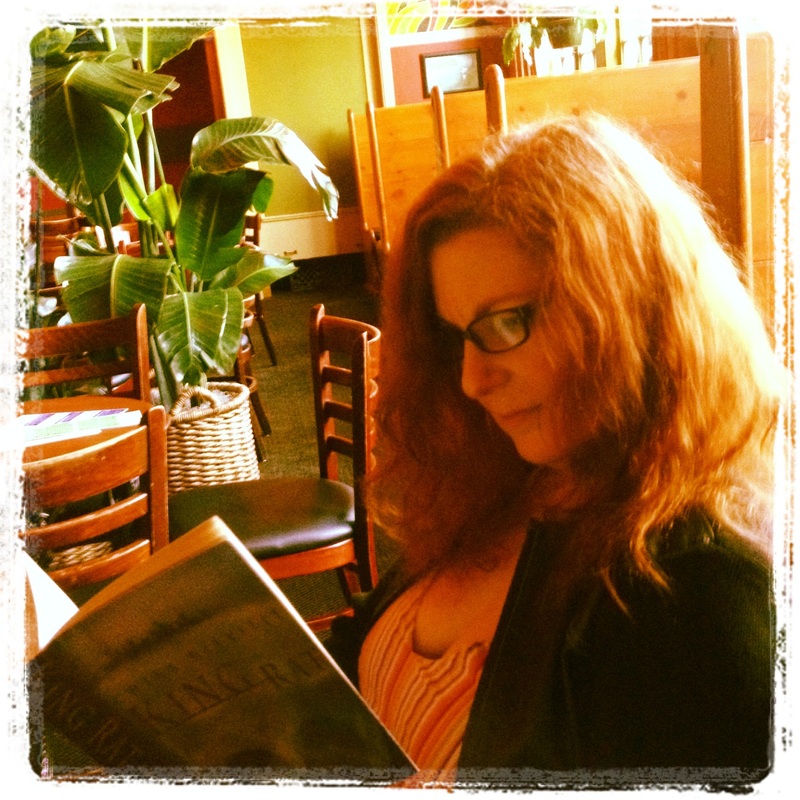
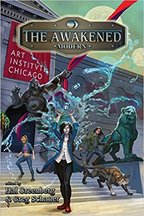
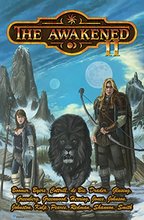

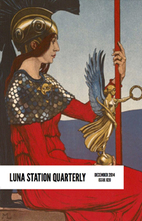
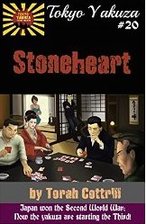

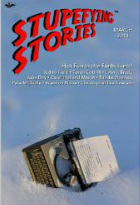
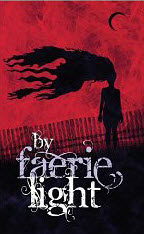


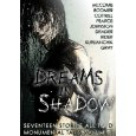


 RSS Feed
RSS Feed
